No need for extreme couponing.
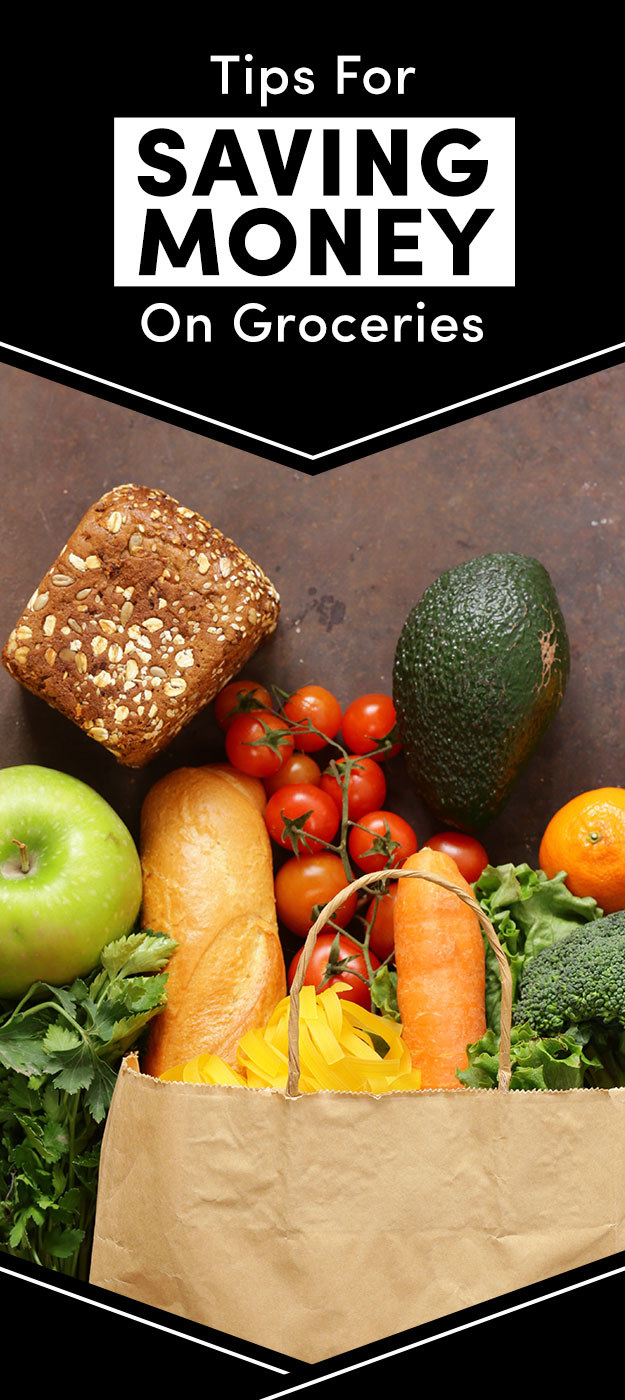
Hannah Wong/BuzzFeed
Stephanie Quilao/Facebook
Make a list of produce items that are consistently the cheapest and meal plan around those.
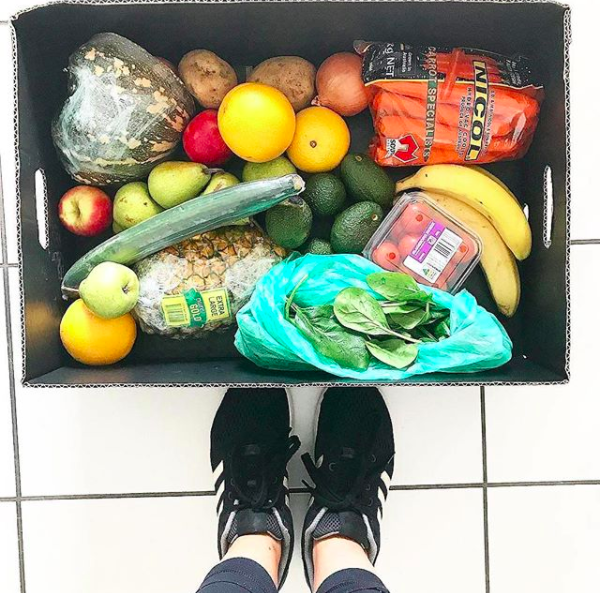
"I literally have a spreadsheet of vegetables priced by serving that I update weekly. I try and use the cheapest ten as my main ingredients in that weeks meals and strictly avoid the most expensive 10. It’s a little extreme, but it does make a difference."
—Lauren Ramsey, Facebook
Instagram: @charliesfruitonline
Eat what's in season — not only will it taste better, but it's usually cheaper.
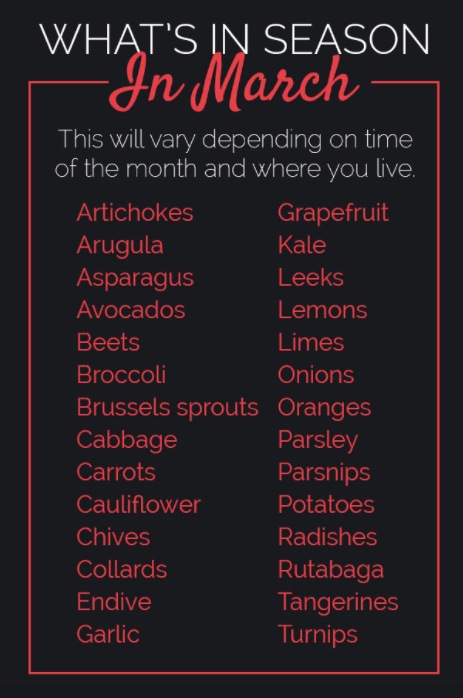
"Eat what's in season! Your food will be MUCH fresher and the taste can't be beat! This is usually the produce that's on sale, too."
—Gina Guadagnino, Facebook
Alice Mongkongllite / BuzzFeed
Download apps from your favorite grocery stores to check before shopping, and ones that give you cash back after shopping.
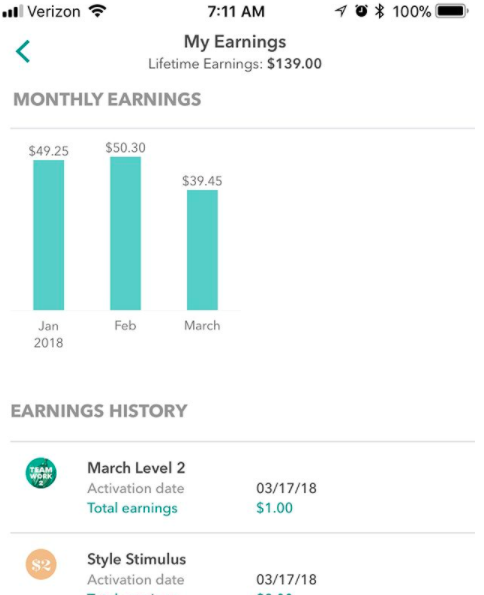
"I use the Kroger app to look at what’s on sale and gather coupons before going shopping. Then, once I get home, I check the Ibotta app to see if I can get credit for anything I bought."
—Ashley Lawson, Facebook
Instagram: @_debtfreejourneyinaz
Instead of buying large packs of prepackaged meat, hit up the butcher counter to get just what you need.
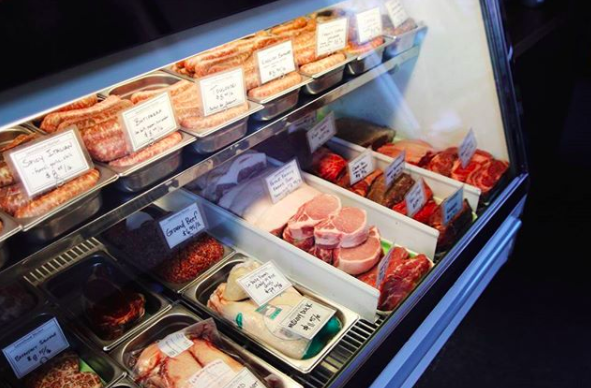
"If you eat meat, go to the deli rather than getting pre-packaged meat — especially if you’re cooking for just one or two people. For example, I don’t eat bacon regularly and needed just three slices for a recipe — so rather than buying a whole package, I bought just three slices."
—jandyd
laurelhurstmarket
Look at the price per ounce to make sure you're actually getting the best deal.
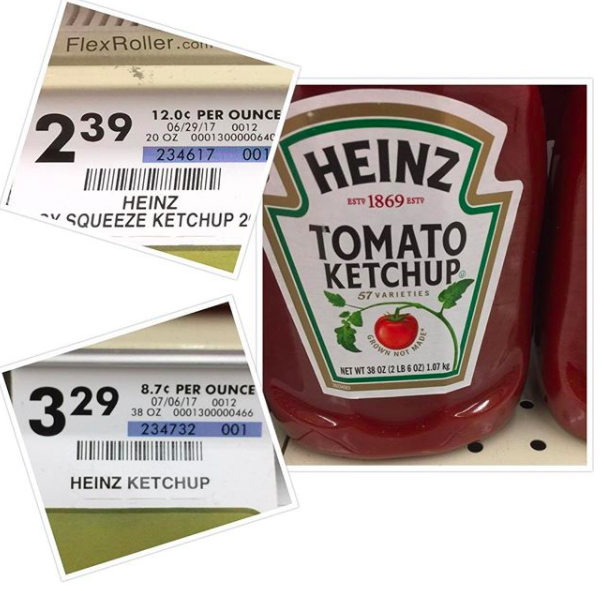
"Look at the price per pound/ounce. For instance, a local Brie cheese may cost $11/lb. while imported Brie from France might cost $16/lb. Both will have the same triangle shape but the imported one will be much thinner to create the illusion that you're getting just as much as the local one."
—Paula Chea, Facebook
Instagram: @empoweredcurvywomen
Buy groceries that you can use in multiple ways such as shredded lettuce, rice, and pasta.
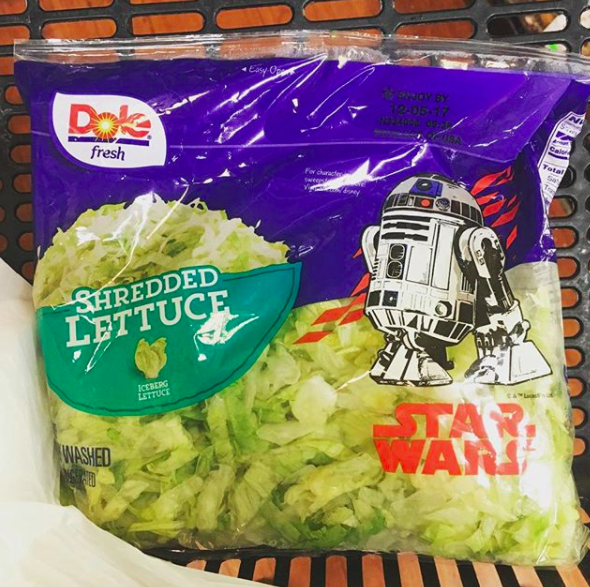
"Buy ingredients that do double duty. One bag of shredded lettuce can go into tacos, BLT's, and sandwiches."
—Becca Pinckney, Facebook
And if you can, do your grocery shopping online.
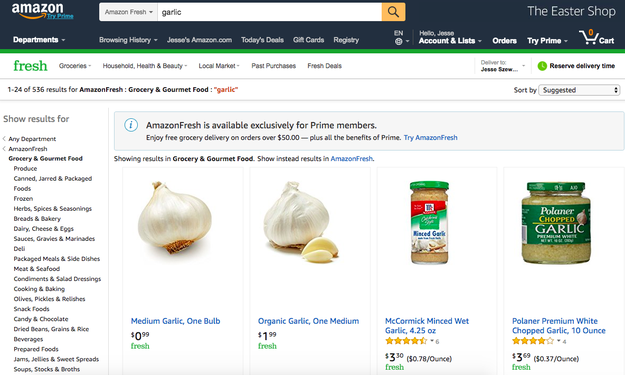
"Makes me order what I need and what I'm going to use up. Also, online means I'm not tempted by bad foods."
—Chessie Mae Randell, Facebook
Look on the top and bottom of shelves for cheaper store brand products.

"The upper and lower shelves have the cheaper products."
—Pids Dulay, Facebook
"Always buy store brands! There’s never been a difference in quality or freshness, and you always save a couple bucks per item!"
—Amanda Doherty, Facebook
Getty Images
If your store offers curbside pickup, order in advance to prevent yourself from buying anything you don't need...
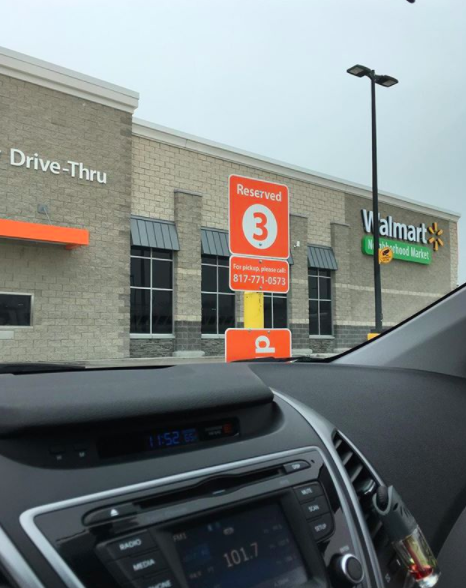
"Our local store has online ordering where you shop online and choose a pickup time (usually the next day). Utilizing this service helps me avoid impulse buys."
— k4559cfed8
"Walmart’s free grocery pickup — instead of wandering the aisles and buying way more than I need, I stand in front of my pantry/fridge and just order what I’m out of."
—thedoctorismyparabatai
And try turning grocery shopping into a challenge — it'll make sticking to your budget feel like less of a chore.

"Make a budget and challenge yourself to stick to it — no excuses! Try to stay between $25-$35 per person per week, depending on where you live of course."
—Mackenzie Eve Orpen, Facebook
Georgerudy / Getty Images
Note: Submissions have been edited for length and/or clarity.
via BuzzFeed/Food
